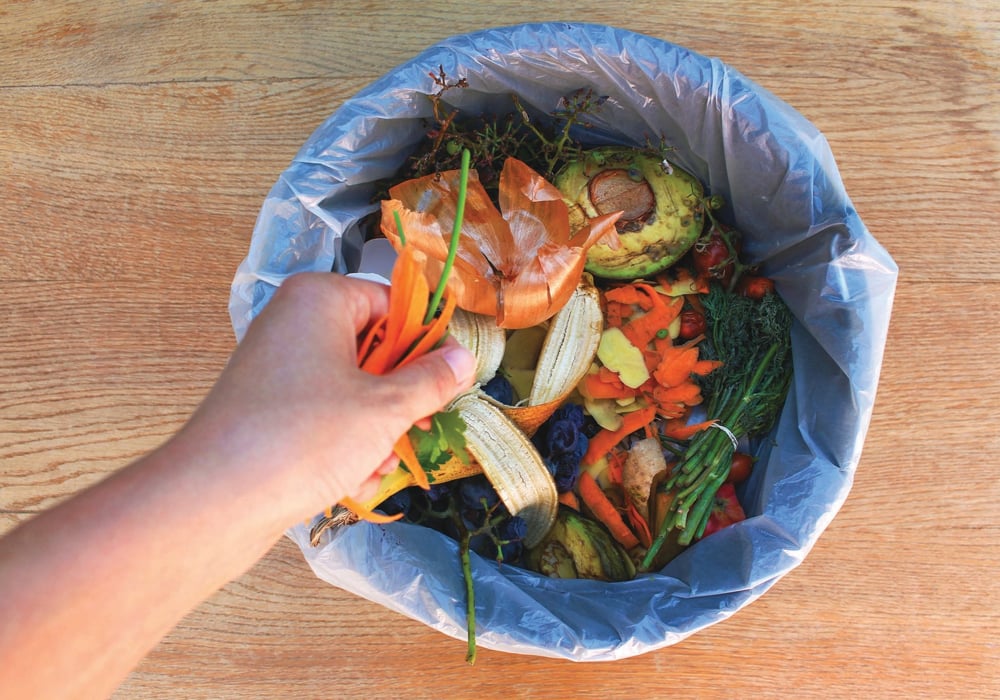Marketing classes can rescue ugly produce from the landfill

Much of the food we grow never reaches tables. It is rejected based on irregularities in weight, size or shape.
Read Also
Ontario Beef on the menu at Lone Star Texas Grills
Lone Star Texas Grill is partnering with Ontario beef farmers to bring locally produced Ontario Corn Fed Beef to its…
This takes a significant environmental toll. An estimated eight to 10 per cent of global greenhouse gas emissions are tied to unconsumed food.
Some companies, such as Misfits Market in the U.S., have taken strides to counter food waste. They buy misshapen and ugly produce and resell it at discount prices in subscription boxes, and they’ve grown into a billion-dollar business since launching in 2018.
Closer to home, Loblaw Companies’ “naturally imperfect” line offers visually unappealing produce at lower prices.
Despite such efforts, there’s still a lot of work to do to change attitudes and alleviate waste. This has become an important academic issue, and is increasingly being tackled by those of us in marketing.
In a recent study, we introduced our RESCUER framework, designed to expose students to food waste and generate behavioural changes. We developed it over three years through research assignments undertaken by students in our classes at Carleton University.
We used 90 reflective essay assignments alongside 63 sets of surveys (administered pre- and post-assignment) to develop the framework.
We first engaged students with resources like lectures and curated readings on food waste, irregularly shaped produce and sustainable practices.
Next, students engaged in an experiential learning exercise that had them actively plan, shop for and prepare a salad with food waste issues in mind. They wrote reflective journals on their experiences.
We next accounted for the social influences of family, friends and peers on sustainability-minded behaviours.
Throughout the process, students developed a greater cognizance of food waste, and these issues became more readily and consistently resonant when shopping. The process also resulted in underlying problem-salience — the spontaneous evocation of the food waste problem in consumers’ minds as soon as they need to buy or prepare food.
Finally, we identified factors that expedite learning and adoption processes, such as the availability of recycling and composting facilities at home and access to retailers that support sustainable practices and provide price discounts.
The results? Students emerged with a deeper understanding of food waste and an increase in responsible attitudes and behaviours. They also became less picky about expiration dates and spread what they had learned.
These qualitative findings are further validated by our survey results. A comparative analysis was conducted before and after the framework’s implementation. It revealed that students’ awareness, understanding and actions related to sustainability were all improved after completing the exercise.
Overall, we’ve seen our RESCUER framework cultivate a shift toward responsible consumption, and it also situates marketing education within a sustainability narrative.
Ours is an example of how educators can play a crucial role in changing attitudes and actions and in equipping future professionals with tools to tackle the challenges of sustainability.
Source: Farmtario.com

